Post Transplant Lymphoproliferative Disease Prognosis
Post transplant lymphoproliferative disease prognosis. Post-transplant lymphoproliferative disease PTLD is a complication of transplantation in which there is uncontrolled growth of lymphocytes. Post-transplant lymphoproliferative disorders PTLDs are lymphomas that can develop after a transplant. Epstein-Barr virus EBV viremia and post-transplant lymphoproliferative disease PTLD are severe complications after hematopoietic stem cell transplantation HSCT.
PTLDs consist of a disease spectrum ranging from hyperplasia to aggressive lymphomas with 60-70 being Epstein-Barr virus positive. PTLD can develop in people who are taking medicines to dampen their immune system in order to prevent rejection after an organ transplant or an allogeneic donor stem cell transplant. Early treatment strategies including chemotherapy and de-escalation of immunosuppression proved unsuccessful.
Post-transplant lymphoproliferative disorders PTLD are a type of lymphoma that can be a result of both solid organ transplant kidney lung heart liver lung and allogeneic bone marrow or stem cell transplants cells from a donor. These updated guidelines from the American Society of Transplantation Infectious Diseases Community of Practice review the diagnosis management and prevention of post-transplant lymphoproliferative disorders PTLD and other Epstein-Barr virus EBV syndromes after solid organ transplantation. Recent SOT series suggest PTLD.
Similarly Khedmat and Taheri performed a. PTLD is group of conditions that may happen after a transplant. They represent a life-threatening complication of solid organ transplantation.
The average interval between transplantation and the diagnosis of PTLD in heart transplant recipients was 55 years. People who receive these transplants are treated with drugs that suppress the activity of the immune system. It involves the immune system and causes white blood cells called lymphocytes to multiply out of control.
Heart transplant recipients had later onset of PTLD 1 year post-transplant with less allograft involvement compared with lung and heart-lung recipients. PTLD results from a rapid increase in lymphoid immune. They represent a life-threatening complication of solid organ transplantation.
The majority of cases are B-cell although 10-15 are of T-cell origin or rarely Hodgkin lymphoma. The mortality rate was significantly higher in the control group than in the rituximab group.
The seriousness varies from an overgrowth of the lymphocytes that is not harmful to.
Recent SOT series suggest PTLD. The mechanisms of their pathogenesis are not yet fully understood. EBV reactivation following transplantation-related immunosuppression might result in post-transplantation lymphoproliferative disorder PTLD development 6. Post-transplant lymphoproliferative disorders PTLDs are lymphomas that can develop after a transplant. EBV infection promotes B cell proliferation in a setting of immune suppression and dysregulation though the underlying pathomechanisms are far from being fully understood. Recent SOT series suggest PTLD. A combination of impaired immunity oncogenic consequences of immunosuppressive therapy and EBV. Post-transplantation lymphoproliferative disorders PTLD are a heterogenous group of abnormal lymphoid proliferations that occur after solid organ transplant SOT or hematopoietic transplantation. Post-transplant lymphoproliferative diseases PTLDs are a clinically and morphologically heterogeneous group of lymphoid proliferations.
These malignances represent a spectrum of lymphoid and plasmacytic histologies collectively referred to as post-transplant lymphoproliferative disorders PTLD. Post-transplant lymphoproliferative disorder PTLD is a rare serious complication following solid organ transplantation with an incidence of 26 cases per 1000 patient years. Epstein-Barr virus EBV viremia and post-transplant lymphoproliferative disease PTLD are severe complications after hematopoietic stem cell transplantation HSCT. Post-transplant lymphoproliferative diseases PTLDs are a clinically and morphologically heterogeneous group of lymphoid proliferations. Post-transplant lymphoproliferative disease PTLD is a complication of transplantation in which there is uncontrolled growth of lymphocytes. It involves the immune system and causes white blood cells called lymphocytes to multiply out of control. C0432487 Post-transplant lymphoproliferative disorder PTLD is a polyclonal benign or clonal malignant proliferation of lymphoid cells that develops as a consequence of immunosuppression in a recipient of a solid organ or bone marrow allograft.





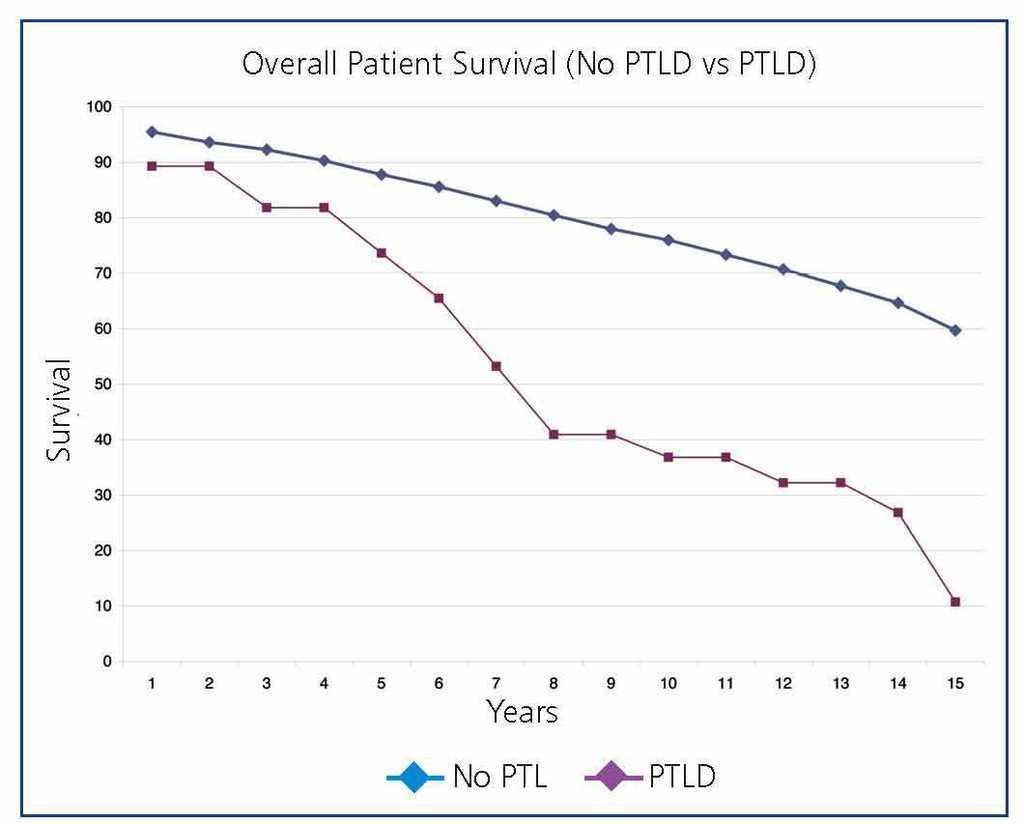
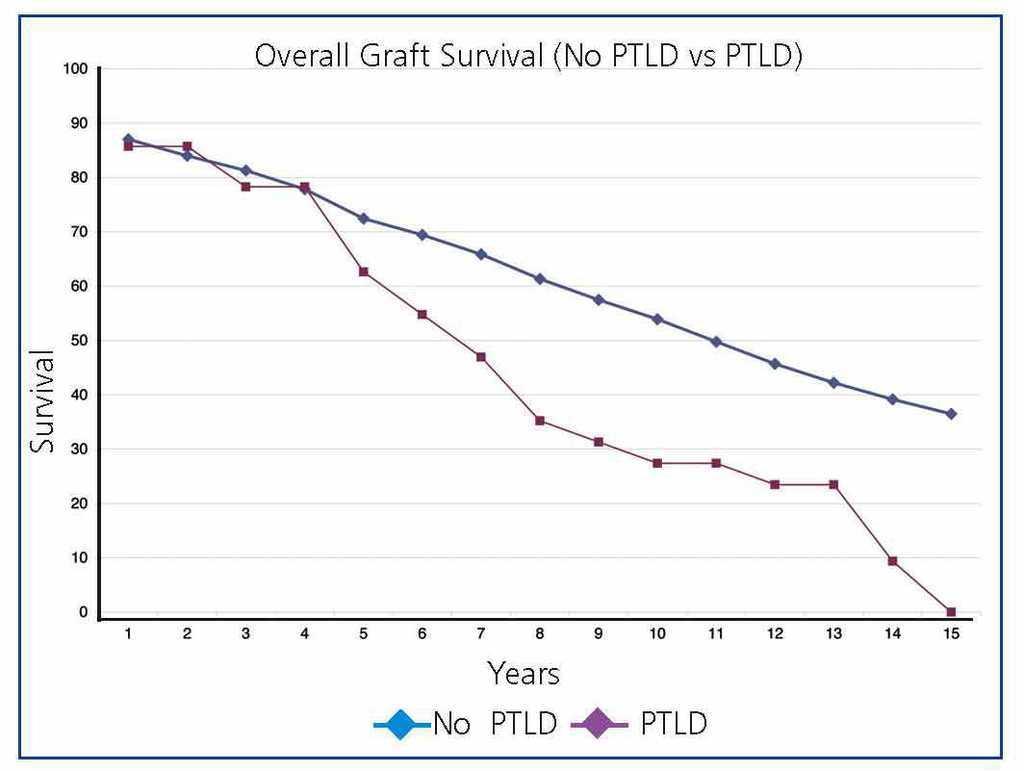


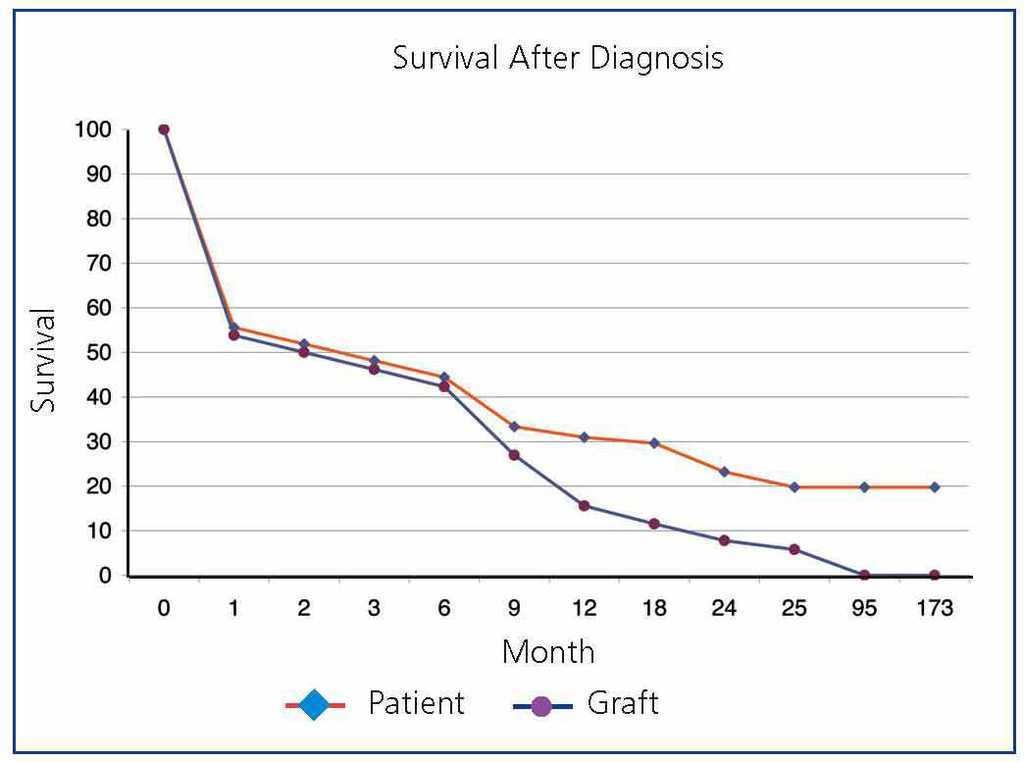





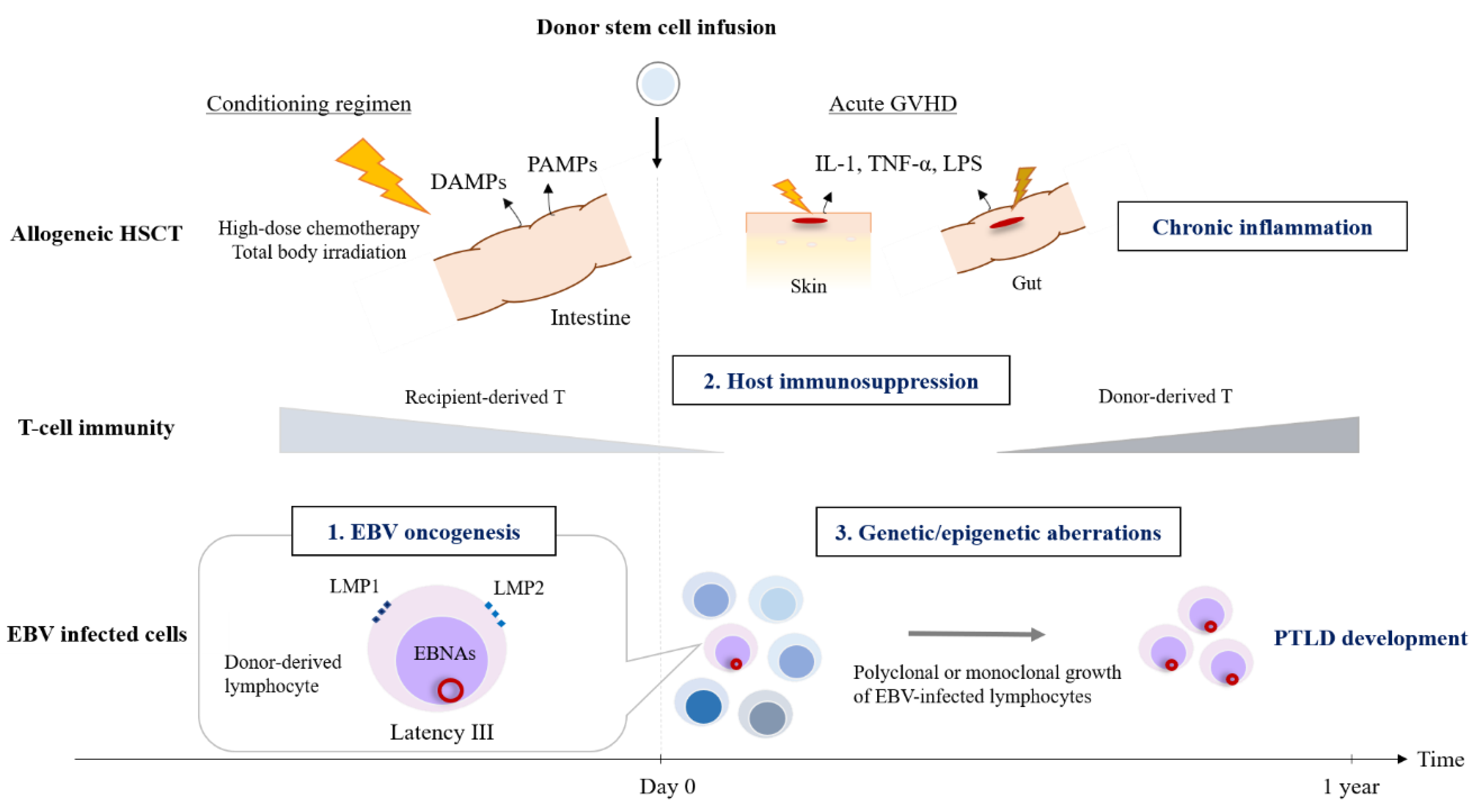
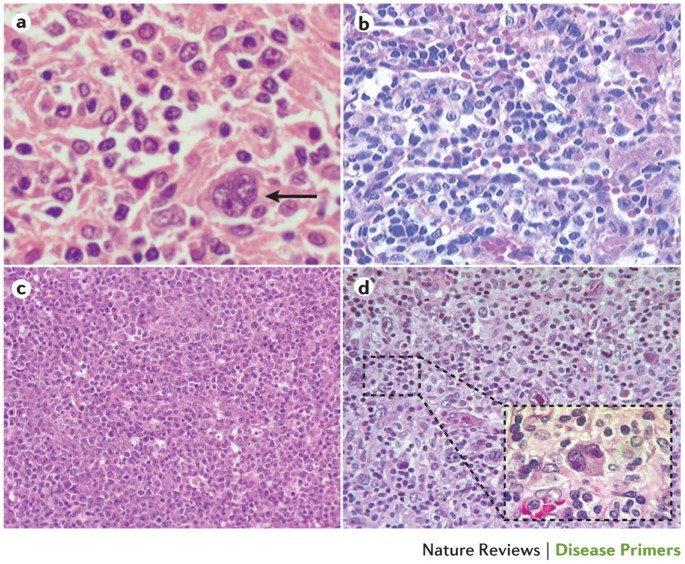



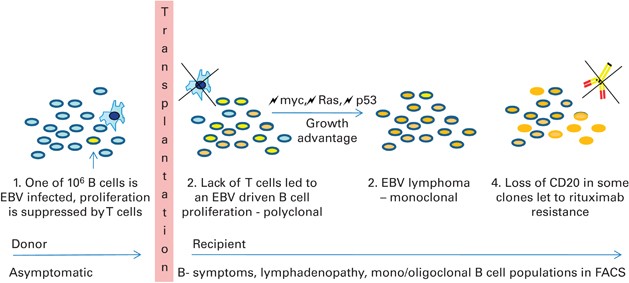
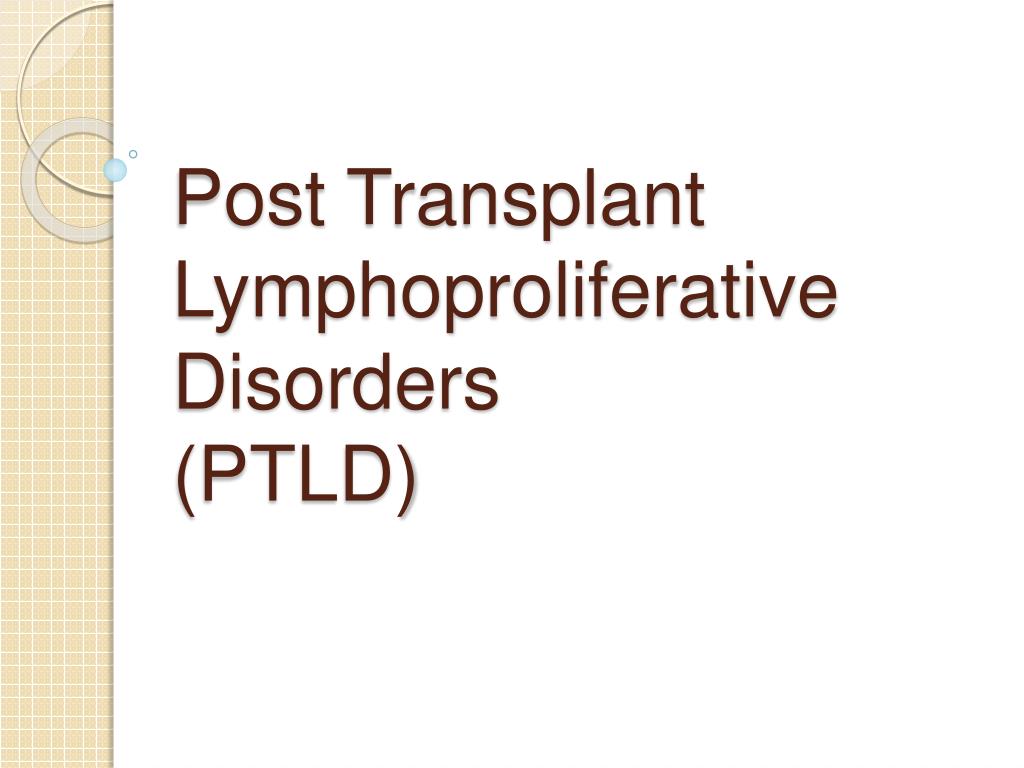
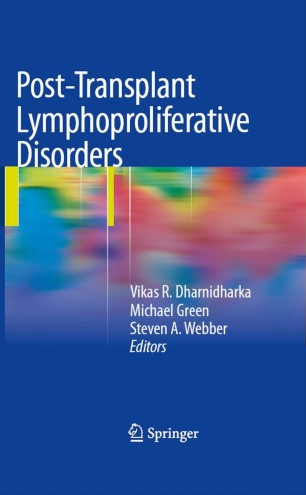
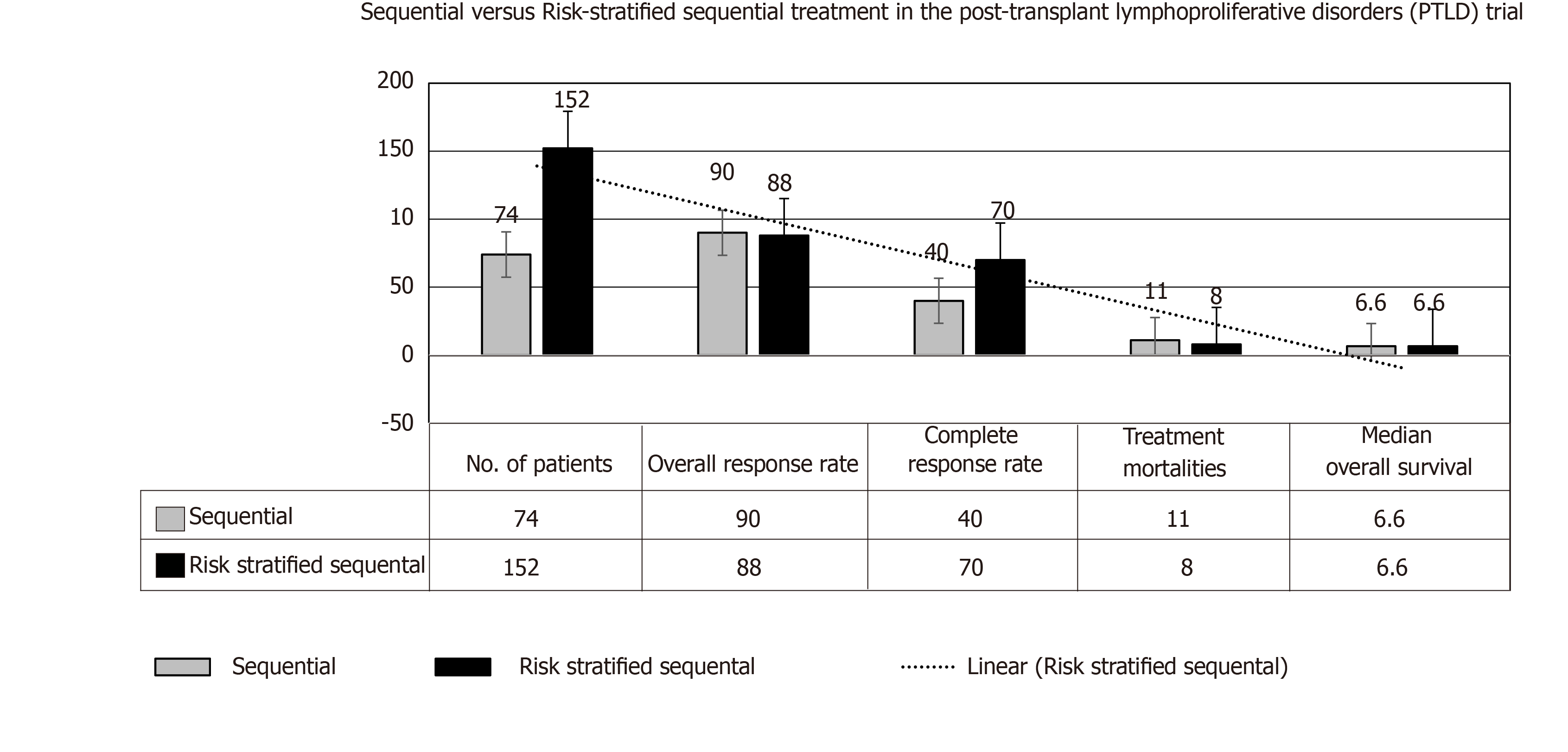



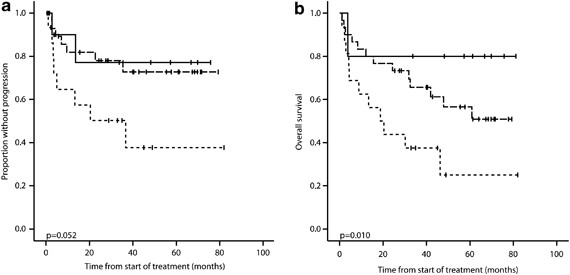


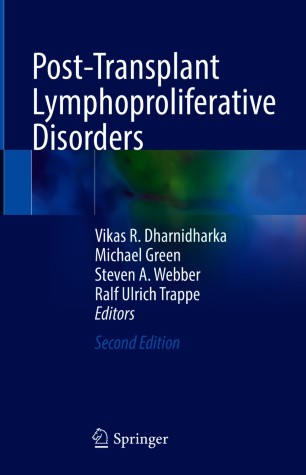
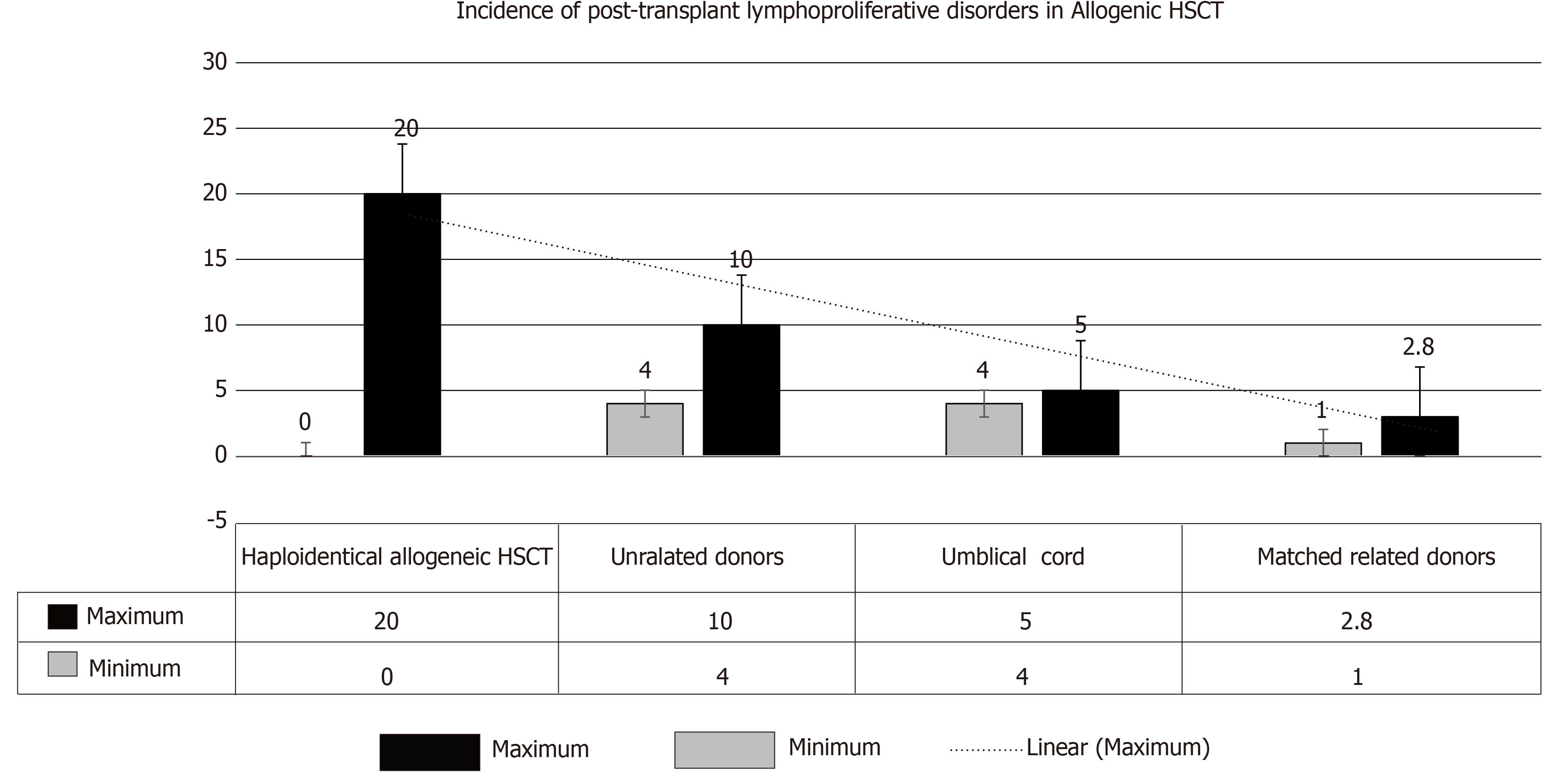

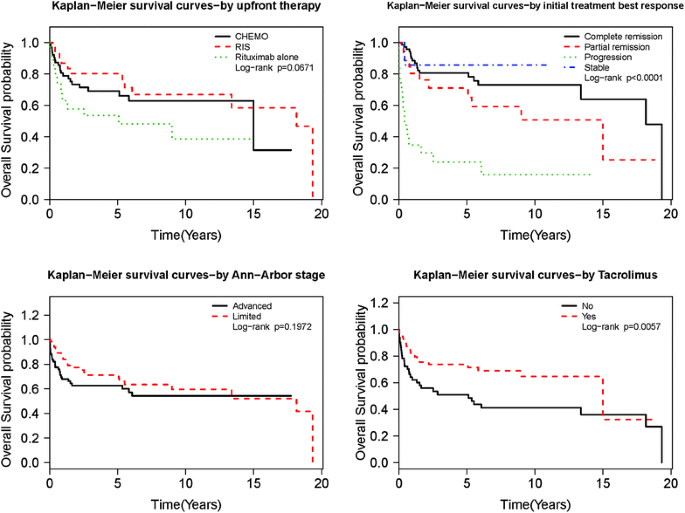
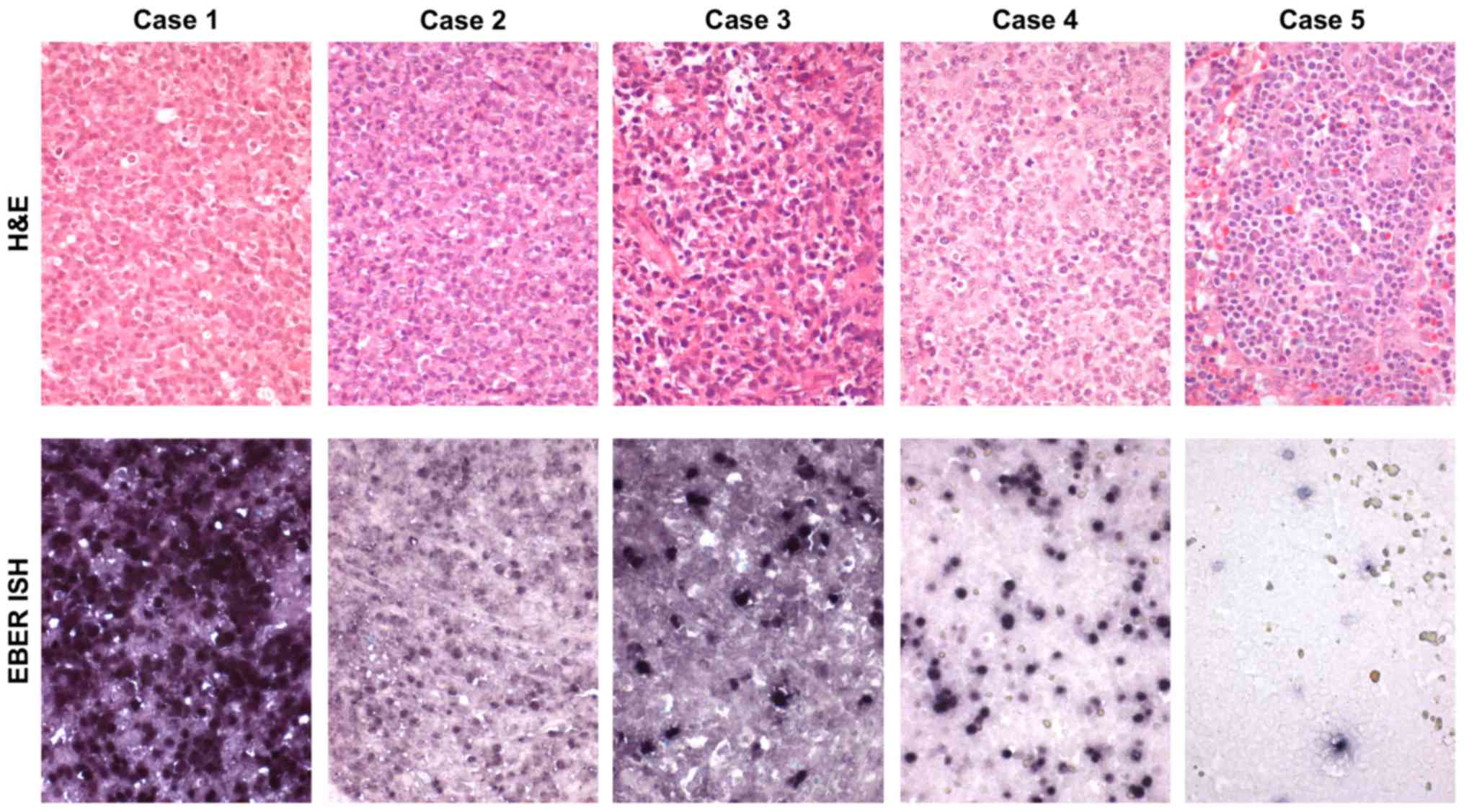

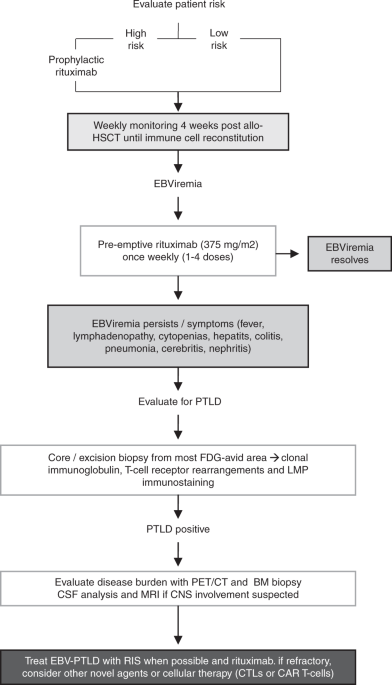








Post a Comment for "Post Transplant Lymphoproliferative Disease Prognosis"